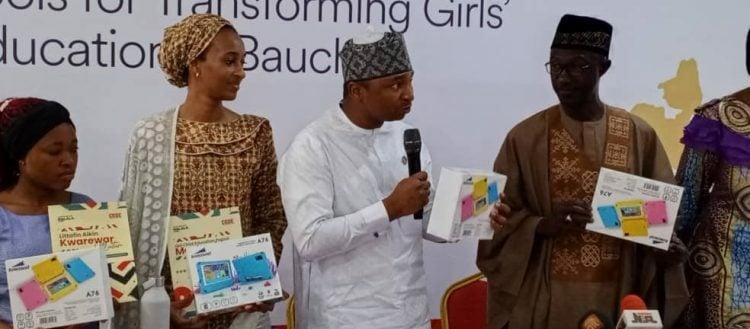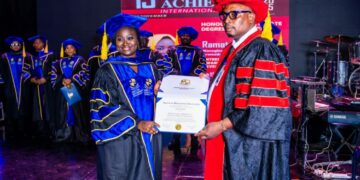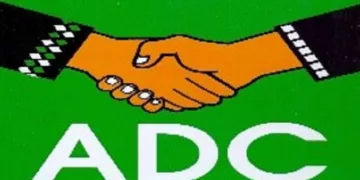An organisation, Connected Development (CODE), with the support of the Malala Fund, has launched a girls’ mentorship programme in Bauchi State as part of efforts to empower young girls with the skills, confidence and support system.
The initiative was unveiled yesterday during a press conference at Sulgad Hotel, Bauchi, which also featured the launch of a Baseline Survey Report and the NomTrac Tool.
According to Maryam Danburam, Malala Fund’s partnership manager, the programme is being piloted across four schools in four local government areas. Each school is assigned a dedicated female mentor to guide and inspire five girls.
She explained that 20 girls have been paired with five mentors, who will guide them on a journey of personal growth, advocacy, and leadership.
“The girls will be mentored on digital skills, social skills, health, and life skills, all designed to prepare them as strong advocates for girls’ education in their schools and communities,” she said.
Speaking earlier, Hamzat Lawal, Chief Executive of CODE, stressed that the programme and tools have the potential to transform education outcomes for girls in Bauchi State.
He described it as more than just a project, but a statement of intent for transparency, accountability, and gender-responsive planning in education.
He highlighted the Baseline Survey Report on Transparency and Accountability Systems as a diagnostic tool that identifies gaps and provides evidence-based recommendations for reform.
Lawal further noted that the Gender-Responsive Education Sector Planning (GRESP) Roadmap would serve as Bauchi’s compass, aligning its education strategy with global best practices.
CODE has developed a comprehensive mentorship curriculum in both English and Hausa, along with a practical workbook to reinforce learning.
Beyond mentorship, the programme is also introducing digital learning devices provided to each girl. The devices come preloaded with interactive educational content, including animated lessons, to strengthen digital literacy and make learning fun, engaging, and accessible.
On her part, Hyeladzira James Mshelia, Programme Manager at CODE, emphasised that education must benefit both boys and girls equally.
She linked gender equality in education to stronger economies, healthier communities, sustainable development, and peace.
Mshelia noted that while Nigeria began its GRESP journey in 2019, Bauchi still faces significant challenges, include infrastructure gaps, high dropout rates for girls, fueled by poverty, early marriage, and cultural norms, low enrollment and completion rates, with over 538,000 out-of-school children aged 12–14, nearly half of them girls, poor teacher quality, with 25% unqualified and only 31% being women and gender-blind policies that fail to address barriers faced by girls and marginalized learners
Despite allocating over N40 billion across education sectors, Bauchi State remains one of Nigeria’s most educationally disadvantaged states. The new mentorship programme, backed by CODE and the Malala Fund, seeks to reverse this trend by building confidence, advocacy skills, and digital literacy among girls.





